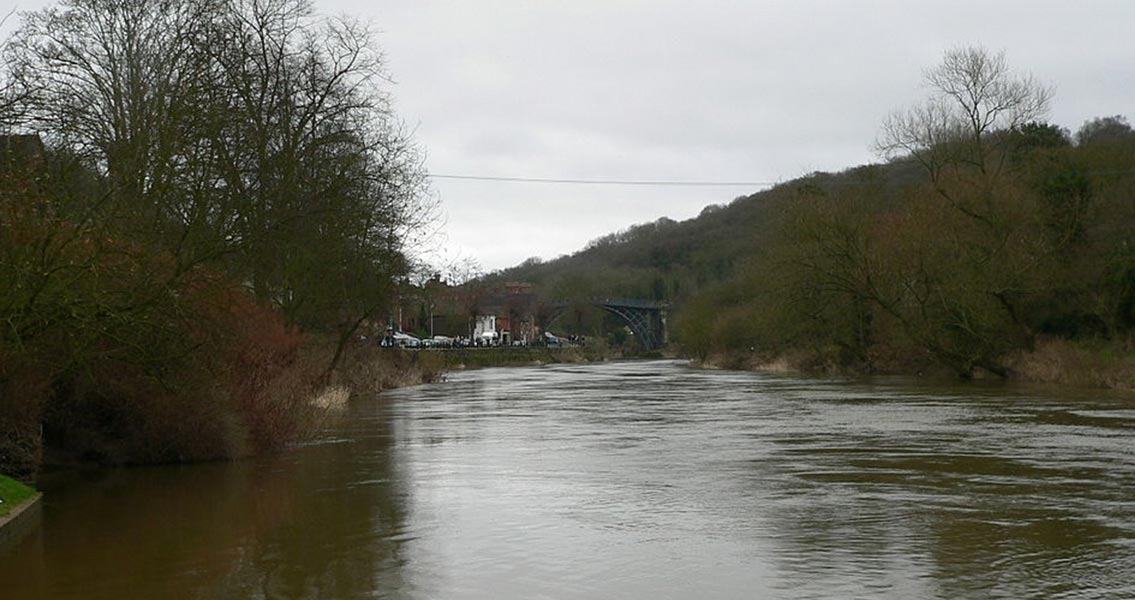<![CDATA[62 years ago a landslide buried a village in Ironbridge Gorge, in Shropshire, England. The village, named Jackfield, was long forgotten about until recently, when a group of workers trying to stabilise the banks of the River Severn dug up its remains. So far, the remnants of eight houses have been found buried under layers of silt. No bodies have been discovered, but the surprised workers found various other artefacts, including a bread oven that is still intact, and an old kettle. The landslide at Jackfield in 1952 would have been a deadly catastrophe if the warning signs hadn't been headed. The threat was first detected by railway workers who noticed that the Severn Valley Railway Line had started to shift out of place. Appreciating the danger posed by the loose earth, the workers used crowbars and other tools to try and shift the track back into its right position. In spring 1952, families were evacuated from the area. The railway was continuing to buckle, and cracks had started to appear in the walls of houses - clear signs that a landslide was imminent. The disaster finally struck, and 27 houses began sliding towards the River Severn. At the time, no one knew for sure what had caused the landslide, although some clay mines being dug in the area were popularly blamed. It is now believed however, that the landslides were naturally caused by the Ironbridge Gorge itself. One artefact of note is an ornate Roman-style mosaic floor. As a matter of fact, numerous beautifully decorated tiles have been found throughout the area. Jackfield was renowned for its world famous tiles, which had been produced in the village since the nineteenth century. This industry developed from other local businesses, such as a pottery and corn mill, which had thrived there in the seventeenth century. At the time of the landslide the community was largely populated by families that worked at the tile factory. Some of the tiles discovered actually date all the way back to the nineteenth century, according to archaeologist Shane Kelleher of the Gorge Museum Trust. He stated that workers at the factory were able to obtain these tiles either as a bonus from their employers, or by buying them at a discounted rate - a perk of their job. Jackfield also had a river port that connected it to other towns, such as Brosely and Benthall. The railway that used to run through the area was built in 1605. Kelleher said that he was shocked to see just how well preserved the artefacts at the site were, although there weren’t many to be found, as the residents had a few months to clear out all their belongings. It was the collapse of 1952 that inspired the current £17.7 million River Severn Restoration project - to stop a similar disaster from happening. Steel poles are being driven into the banks of the Severn, which will prevent a devastating landslide that could actually dam the river. Archaeologists are currently examining the site to see what else they can find, before it is covered up again. The River Severn Restoration project began in October 2013, and will be completed by March 2016. image courtesy of: Thryduulf]]>
Lost English Village Found
